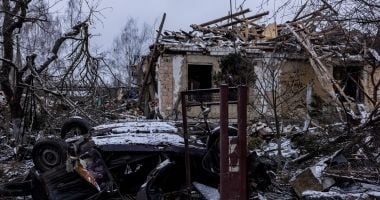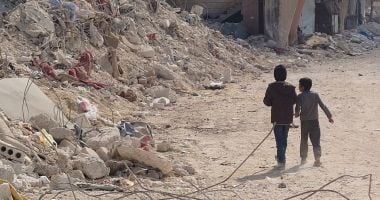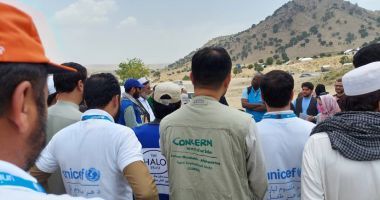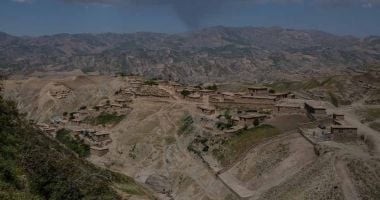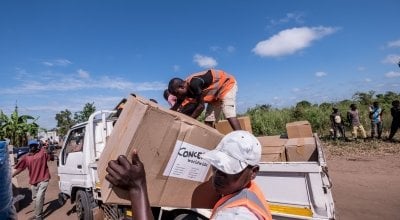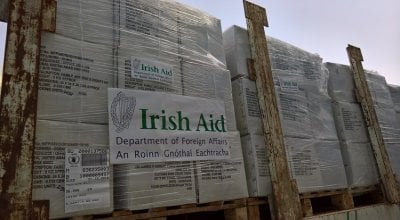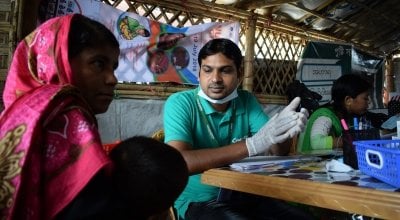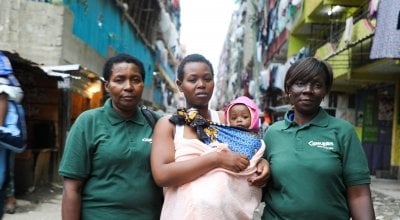
Read our 2022 annual report

Knowledge Hub
Why are we in Afghanistan? Concern has worked in Afghanistan since responding to a major earthquake in 1998. Today, Afghanistan remains one of the world’s most complex humanitarian emergencies. Recent political, social and economic shocks have resulted in a massive deterioration of the humanitarian situation.
A food crisis, born of instability
After decades of war, corruption, and natural disasters, the Afghan people are especially vulnerable to social and economic upheaval.
The global food crisis sparked by the Ukraine war has hit hard an already-failing economy, pushing society to the brink.
Nearly 23 million Afghans are highly food insecure, including 8.7 million at risk of famine. The crisis is exacerbated by the international isolation of Afghanistan since the takeover by the Islamic Emirate of Afghanistan (IEA, or the ‘Taliban’) in 2021.
Since then, Afghan woman and girls have experienced increased restrictions on their lives. A barring of women working outside the homes (with few exceptions), or girls studying beyond Grade 6, has resulted in an effective erasure of females from public space.
Latest achievements
Emergency response
In 2022, Concern provided support to over 37,300 Afghans affected by conflict and natural disasters. This included a rapid response to an earthquake outside of our regular operating area, which resulted in 7,500 people receiving tents, blankets, and cash payments.
Gender equality
Food security
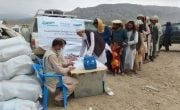

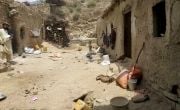
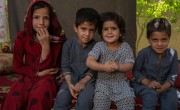
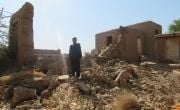
How we're helping Afghanistan
We respond rapidly to emergencies, but we also build resilience so that communities are better prepared to withstand the shocks caused by climate change and on-going conflict. A commitment to social inclusion and gender equality is central to our work.
Latest from Afghanistan
Recent publications relating to Afghanistan
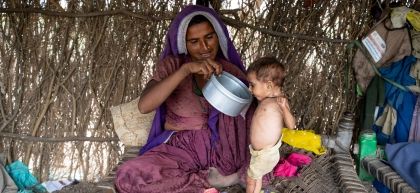
Other ways to help
Corporate support
Is your company interested in working together for a common cause?
Fundraise for Concern
From mountain trekking to marathon running, cake sales to table quizzes, there are lots of ways you can support our work.
Buy a gift
With an extensive range of alternative gifts, we have something to suit everybody.
Leave a gift in your will
Leave the world a better place with a life-changing legacy.
Volunteer with Concern
The lots of ways to get involved with our work as a volunteer
School fundraising
Without the generous support from schools, we wouldn't be able to do the work that we do.


